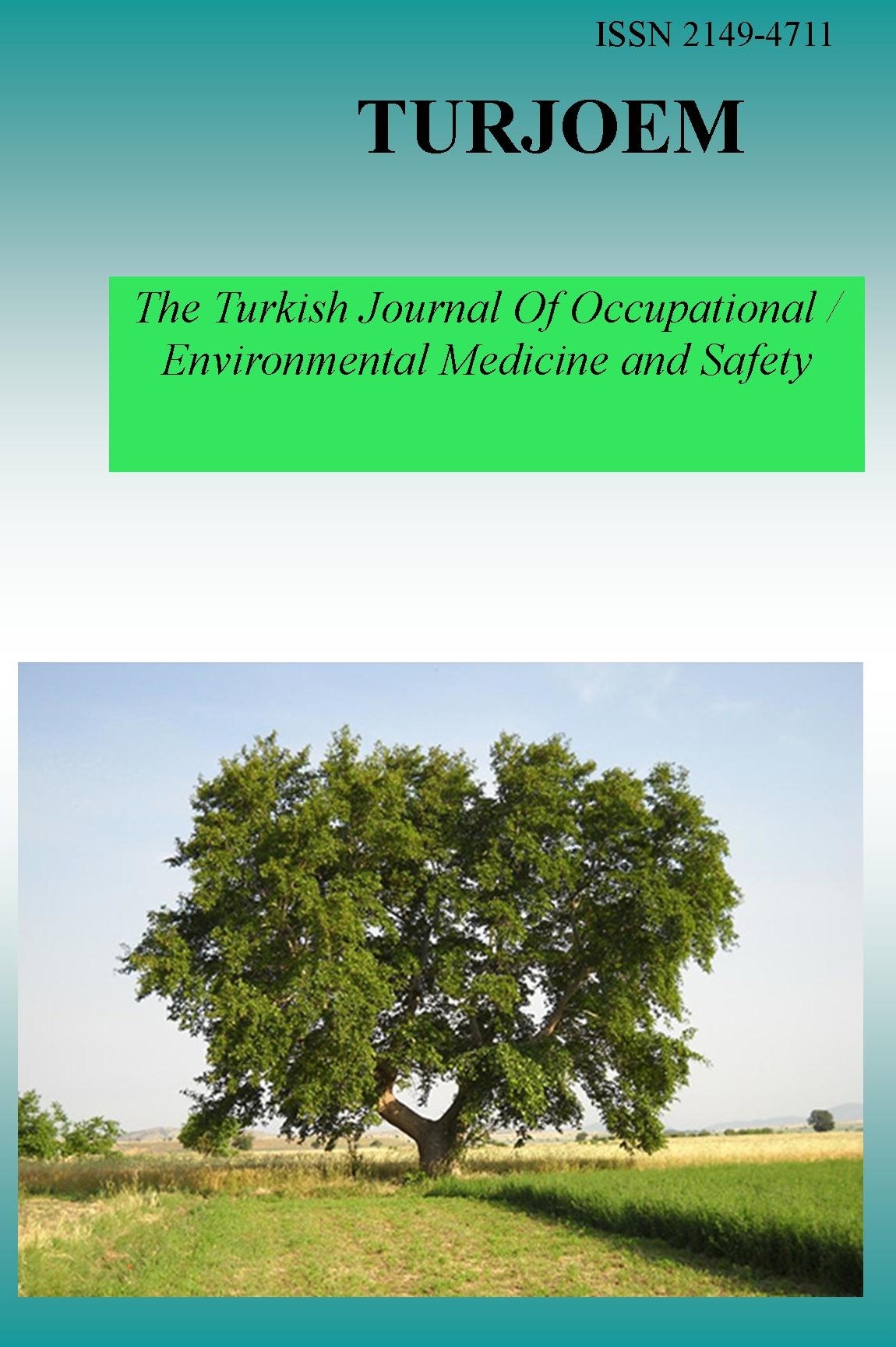EXPRESSIONS OF APOPTOSIS-RELATED PROTEINS IN COLON CANCER CELLS AFTER HYP-INDUCED PHOTOTHERAPY
EXPRESSIONS OF APOPTOSIS-RELATED PROTEINS IN COLON CANCER CELLS AFTER HYP-INDUCED PHOTOTHERAPY
EXPRESSIONS OF APOPTOSIS-RELATED PROTEINS IN COLON CANCER CELLS AFTER HYP-INDUCED PHOTOTHERAPY,
___
- Aysun Kılıç SÜLOĞLU, Elif KARACAOĞLU, Güldeniz SELMANOĞLU Çağatay KARAASLAN
- Hacettepe University, Faculty of Science, Department of Biology, Zoology Section, Beytepe, Ankara, Turkey Hacettepe University, Faculty of Science, Department of Biology, Molecular Biology Section, Beytepe, Ankara, Turkey
- ISSN: 2149-4711
- Başlangıç: 2015
- Yayıncı: Engin TUTKUN
Sevgi KOCAOBA, Münevver ARISOY
TOXICOLOGICAL ASPECTS OF ORGANOCHLORINE PESTICIDES ON CYPRINUS CARPIO L. IN ATATURK DAM LAKE, TURKEY
COMPARISONS OF MIRTAZAPINE DETERMINATION METHODS WITH HIGH-PERFORMANCE LIQUID CHROMATOGRAPHY
Hatice ÖZCAN, Emrah DURAL, Sinan SÜZEN
NEW PSYCHOACTIVE SUBSTANCE USE IN EUROPE: PREVALENCE, PROBLEMS AND RISKS
EFFECTS OF ENVIRONMENTAL TOXICITY ON CANCER AND OTHER DISEASES
SCHELEE’S GREEN: IT COULD BE A KILLER FOR NAPOLEON!
POSSIBLE EFECTS OF SMOKING at ENZYME and CHROMOSOME LEVEL
PHARMACOGENETICS ROLE IN FORENSIC TOXICOLOGY
"CRACK" COCAINE INDUCED MULTIPLE ORGAN DAMAGE
